
As we head into the election season, political parties have started rolling out their various programmes and policies for the development of Ghana.
A lot will be promised in terms of roads, schools, hospitals and jobs and there will also be the promise of better lives and a great economic climate that will make us all feel better.
But what about sports?
What do the various political parties have in store for the growth and development of the sector?
Citi Sports’ Nathan Quao looks at the manifestos of the National Democratic Congress (NDC), the New Patriotic Party (NPP) and the Convention People’s Party (CPP) and tries to find their points of convergence and uniqueness.
Belief in infrastructure
A close examination of the policy documents of both the NDC and NPP, there is a strong demonstration of the willingness to provide sporting infrastructure for the development of the sector.
The NDC stated that it would, among others,
- Complete the New-Edubiase Sports Stadium in the Ashanti Region;
- Build new sports stadia in the Upper West, Upper East, Volta, Eastern and Brong Ahafo Regions;
- Renovate and expand facilities at the El- Wak Stadium and redevelop the Nicholson Park at Burma Camp into a mini stadium in collaboration with the Military;
- Construct a new multi-purpose indoor sports dome for basketball, volleyball, handball, weightlifting, table tennis and aquatics;
The NPP stated something similar in its statement. They revealed that they would:
- develop in partnership with the private sector, Youth Development & Sports Centres in all Regions. Each centre will house a fully-equipped library, ICT hub, social hall, multi-purpose pitches and courts;
- complete the construction of the University of Ghana stadium started by the Kufuor-led NPP government;
- pursue the vision of providing modern multi-sport stadia for the regions currently without one, namely Brong Ahafo, Eastern, Upper East, Upper West and Volta;
The CPP also included a similar line of action in its manifesto and it said that it would:
- Provide sporting facilities at the district and national levels to facilitate the development of both amateur and professional sports.
- Relevant laws will be enacted to ensure that any such infrastructure is provided as an integral part of socio-economic development.
These statements seem to address a huge challenge facing Ghana: the lack of sporting facilities.
The next generation of runners, swimmers, footballers, tennis players and boxers cannot be world beaters if there are no boxing gyms, running tracks, football pitches, and tennis courts.
How about policy direction to guide the sporting sector?
The NDC’s policy document does not state a clear policy on how the sector but one can assume that the recent passing of the sports bill answers that question.
The NPP revealed that it would “enact the comprehensive Sports Bill initiated under President Kufuor”.
It is possible that they might make changes to the Sports Bill which has been passed especially as former Sports Minister, O.B. Amoah said to Citi Sports that the new legislation did not speak about elements such as funding, marketing, and anti-doping measures.
He added that the bill was very different from the one conceived when the NPP was in power between 2001 and 2009.
The CPP did mention anything concrete on a clear policy direction that will run Ghana sports should they win the 2016 elections.
Grooming of sporting, managerial and administrative talents
The three political parties generally showed to have the development of skills of athletes and administrators in mind.
The NDC stated that it would:
- Revamp the Winneba Sports College into a full-fledged practical and academic human resource development centre affiliated to the University of Education, Winneba;
- Introduce a policy for an ‘admissions quota’ for talented sports and other creative students in SHS and public universities;
- Continue to facilitate the recruitment of qualified technical staff at the district level as sports coordinators to help develop sports at the grassroots level.
While the NPP said that it would:
- develop a Youth in Sports module to support young sportsmen and women and to create job opportunities for them;
- invest in a special Women-In-Sports programme to help unearth and support female athletes and sports talents across the country;
- award scholarships to promising young athletes so they can develop in the best of environments.
For the CPP, they only mentioned the creation of a sports college. Their statement reads:
- (The CPP will) set up a tertiary institution of international standing for the study and teaching of sports and specialised sports medicine.
Least-financed sports?
Such sports have struggled for so many years because of the unavailability of funds and the NDC and the CPP stated that theyr would put in efforts to rectify the situation.
The CPP said that: “All non-football sports will remain under the Ministry of Sports to ensure that they get the attention that has been denied them for years” and the NDC’s plan will be to“Facilitate the establishment of a scheme to fund sports activities with particular emphasis on the lesser-known sports…”
The NPP surprisingly failed to state anything in this direction in its manifesto.
Conclusions
The three political parties clearly have a plan to give the nation more sporting infrastructure in their time in power.
They make huge promises of building multi-purpose stadia across the length and breadth of our land and one can only wait to see if these promises will be fulfilled.
Are they achievable? Yes, they are. With proper planning, lots of facilities can be put up and that will take care of a huge problem in nation’s sports.
However, there are some of the things stated that look a little out of shape.
For instance, the CPP’s statement on least-financed sports leaves a lot of confusion in the mind.
All sports are already under the Ministry of Youth and Sports via the National Sports Authority (or the National Sports Commission under the new law) so one wonders what the party means by its statement.
Again, the CPP says that it will try to set up two parallel bodies to take care of professional and amateur football. The last time I checked, the Ghana Football Association was the only body mandated to look at football in Ghana. The GFA is almost independent and it runs on its own statutes.
How does the CPP plan to create another body to manage amateur football? How will that body run? Will they take orders from the Sports Ministry or will they work with the Ghana Football Association?
It leaves me scratching my head and maybe, the CPP’s flagbearer, Ivor Greenstreet can provide some answers.
I am surprised that both the NDC and NPP failed to state anything more concrete about a policy direction for sports.
The NDC can say that they have passed the Sports Bill but to be honest, the Bill will effect a lot of administrative changes but it does not answer what I feel is a very important thing: how do we fund sports? How do we make money to help our national teams and athletes.
The NDC said that it would support athletes but that is very primordial, in my opinion. The ruling government should help athletes and teams but has it done so?
Teams and athletes are still complaining about the absence of money and for me, any policy change should seek to end such sorry episodes.
Let us see whether the NDC, NPP and CPP will make sports better when any of them gets the nod to govern between now and 2021.
–
By: citisports
Read Full Story

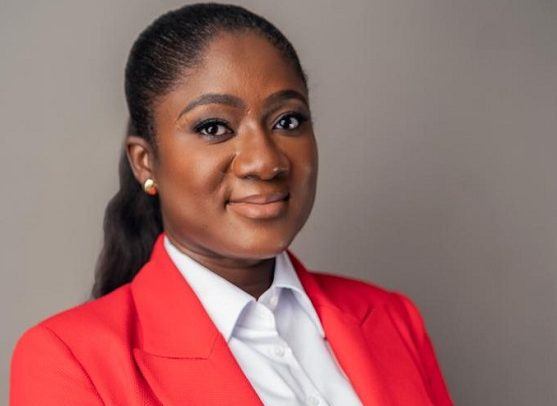

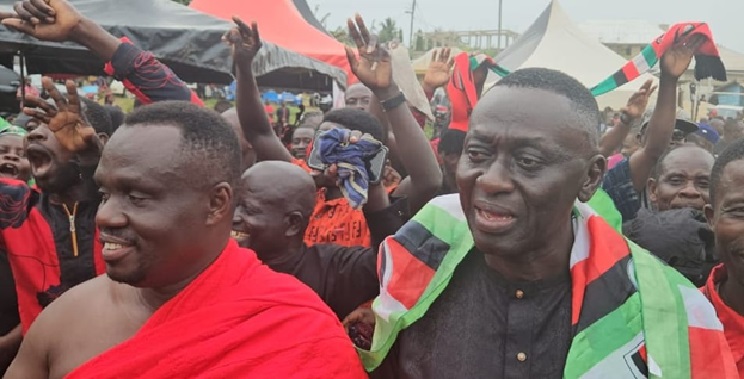
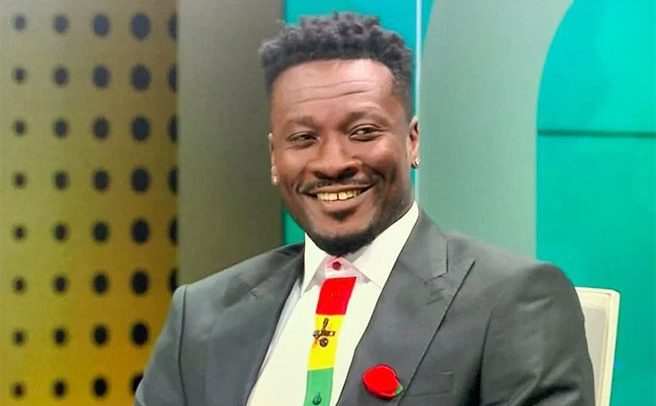
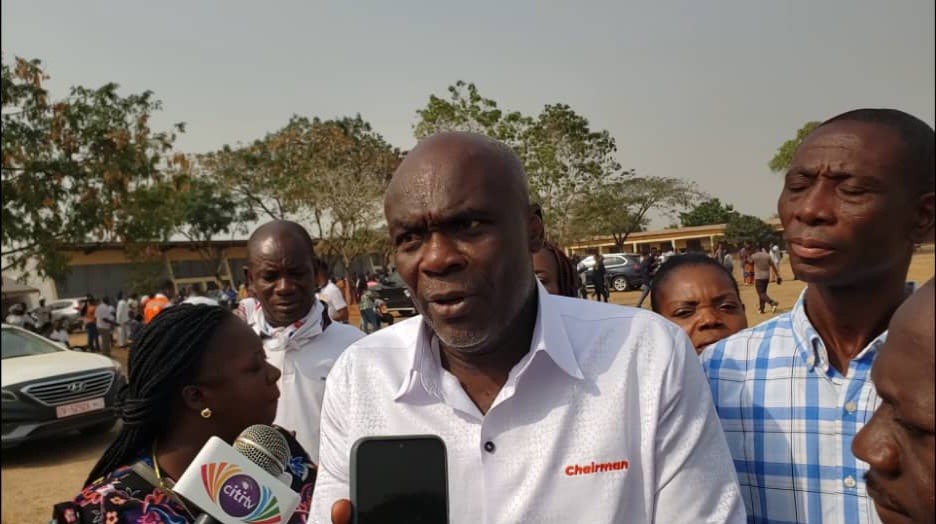











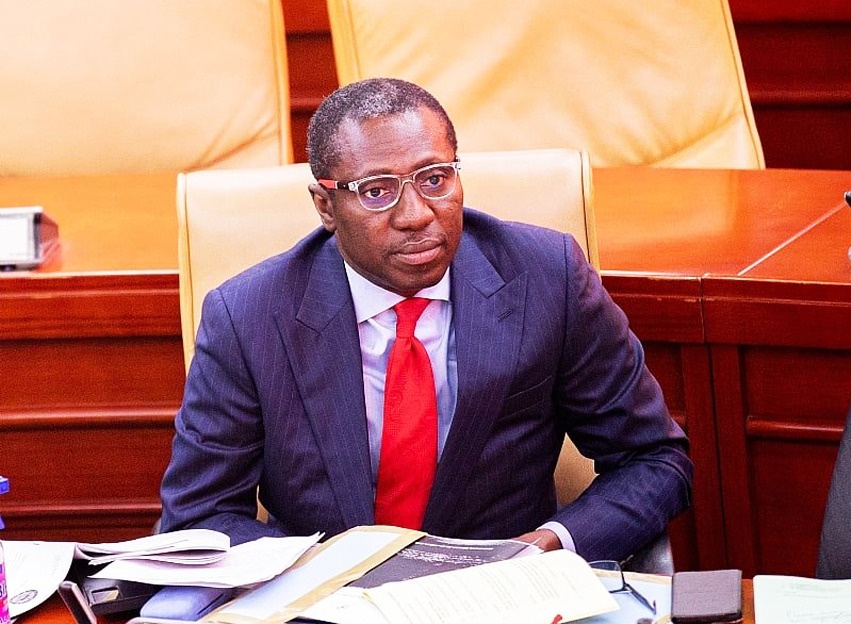

Facebook
Twitter
Pinterest
Instagram
Google+
YouTube
LinkedIn
RSS